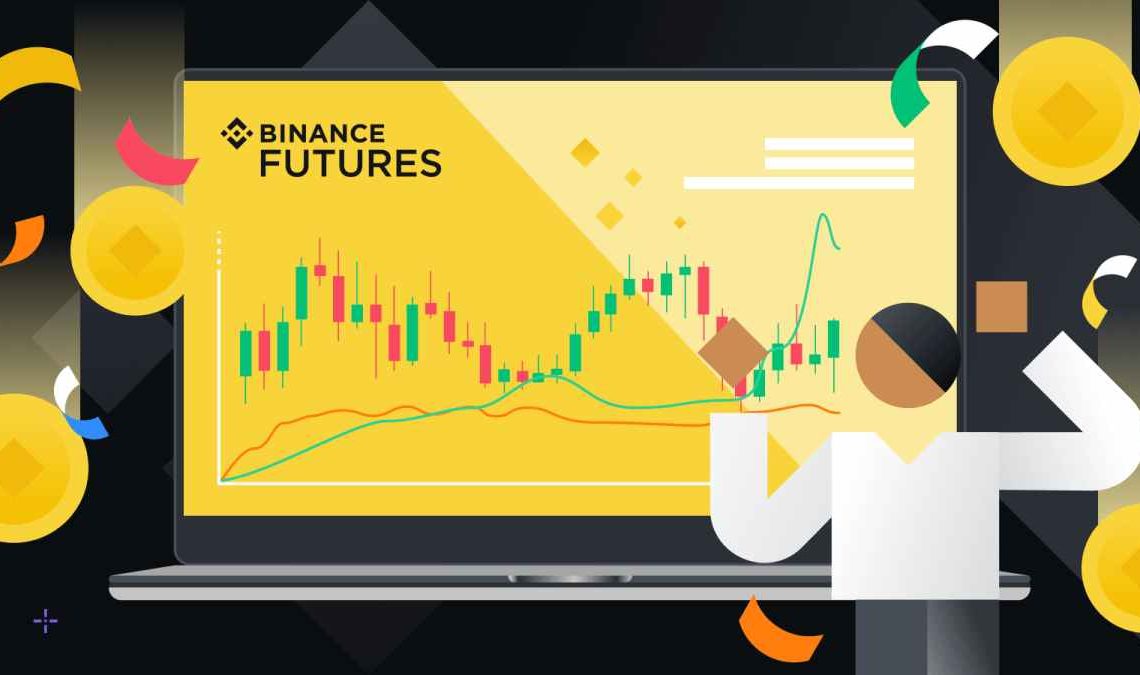
A futures market is a trading place where traders can buy or sell standardized contracts to exchange an amount and grade of a commodity, financial instrument or foreign currency at a predetermined price in the future. Traders use the market to hedge against price volatility or for speculation. The underlying asset of a futures contract may be agricultural, metal or energy commodities, financial instruments or even foreign currencies (Hieronymus 1977, 20).
The first modern futures market making began in the 1840s. The Chicago Board of Trade established the first standardized commodity contracts and by the end of the nineteenth century there were several futures exchanges throughout the United States. In the early 1980s the Commodity Futures Trading Commission approved cash settlement – delivery that takes the form of a cash balance rather than physical delivery – on financial index and Eurodollar futures as well as lean hog and feeder cattle. Since then, the industry has developed further as futures exchanges compete to attract traders and the technology has improved. Today most of the trading is done electronically and 99% of all futures contracts are settled prior to expiry.
Whether it’s an investor selling shares of a company to rebalance his portfolio, or a farmer hedging against a poor harvest, the fact is that no one knows what the future will hold. And even if they do, there’s no guarantee they will be able to sell at the right price at the exact moment they need to. That’s where a futures market maker comes in.
A market maker, also known as a liquidity provider, makes markets in a particular commodity by buying and selling in large volume at prices that are close to the prevailing bid and offer. They are able to do this because they have the ability to instantly take both sides of the orders of all participants in a given market.
In the days before electronic trading, brokers would try to offset their net positions in a futures market by buying and selling directly with each other. But this was difficult because offsetting purchases and sales of a futures contract did not always match in quantity. For instance, a broker B1 might sell a futures contract to B2 but not sell it to B3. This is known as ring settlement and it’s rare today.
In addition to having the ability to immediately take both sides of the order flow, a futures market maker must understand the assets they make markets in and be familiar with similar financial products/assets. They must also be able to quickly analyze data and develop a pricing model that they can use to provide fair prices for where they are willing to buy or sell in a given market. They must also be able to clear trades and fulfill the contractual obligations of each trade in a timely manner. The Options Clearing Corporation, the world’s largest clearing house, cleared a record 9.93 billion options and futures contracts in 2021.


